
Ever wonder what industry professionals think about the issues that can really impact our careers? Each month The Extra Squeeze features a fresh topic related to books and publishing.
Amazon mover and shaker Rebecca Forster and her handpicked team of book professionals offer frank responses from the POV of each of their specialties — Writing, Editing, PR/Biz Development, and Cover Design.
During an online ‘ask an author’ a first time author lamented that he could not have his characters fall in love because in real life there were social barriers. The question this month is:
Should reality be restrictive when we write? How much reality is too much?

Jenny Jensen
Developmental editor who has worked for twenty plus years with new and established authors of both fiction and non-fiction, traditional and indie.
How much reality is too much? Noon on April 15, midnight looming -‐ that’s too much reality for me.
But my demands of reality in fiction are less fearful and far more forgiving. Authors create a world for the reader to happily visit; a world ruled by its own inner reality. As long as the actions of the characters stay within the boundaries of that inner reality, I say anything goes.
If you’re writing a Steampunk tale with clocks that speak and mechanical jeweled birds and a hero with an ocular implant that sees the soul, then it would make no story sense to have him checking YouTube. If fantasy is your genre and the fairy queen the hero, you wouldn’t put her in Louboutins. Suspension of belief demands adherence to the story’s inner reality; then the reader can freely let go of her own beliefs and join in the author’s world.
When your genre is set in the world of shared reality, the real world, bending that reality gets tricky. Whatever action might boarder on unbelievable may work perfectly if it has been set up correctly, allowing the story sense to stay intact. After all, when characters break the rules, that’s what spurs the tension—as long as it makes good story sense.
The unforgivable distortions of reality are anachronisms. I see that often when I work story development with historical fiction. Nothing jars you out of a tale of medieval court life faster than a character saying, “hey, chill out” or “no way!” An author needs to be aware of their story’s own internal logic and respect that logic; and that includes dialogue. It’s your creation and I’m willing to travel into your world, as long as that reality makes its own, consistent sense.

Robin Blakely
PR/Business Development coach for writers and artists; CEO, Creative Center of America; member, Forbes Coaches Council.
As a reader, I implore you to write the story that will fascinate and thrill me–move my soul and ignite my imagination. Please, use your writer’s magic. Make me believe that your bigger-than-life characters and more-incredible-than-life circumstances are real. I just want to escape into an extraordinary tale no matter how fantastic the elements are.
BUT…from a promotional perspective, I warn you: proceed with caution. Your story won’t likely be your biggest problem. Your hidden landmine will more likely be buried in the promotional territory. Quite simply, your story content must match your book description. Don’t pretend your work is something it’s not.
As a PR professional, I am much less concerned about what you did in your story and much more concerned about how you characterize the work. Make sure the content and description align seamlessly. If you say you wrote a historical romance, you better be historically accurate and romantically mesmerizing. If you aren’t those things, re-package the description accurately. Imagine if you bought a box of Cheerios and opened the box and found oatmeal. Nothing is intrinsically wrong with oatmeal unless you thought you were getting Cheerios. The same thing happens with books.
Do what it takes to get your promotional alignment right…Then, defend your story choices with substance and panache. Be aware that many things you write would not likely happen in real life. It’s okay to say: “I chose to explore it anyway…writers do that.” But the oatmeal-in-a-cheerio-box thing…steer completely clear of that nonsense.

USA Today Bestselling author of 35 books, including the Witness series and the new Finn O’Brien series.
I write legal and police thrillers sprinkled with political elements. Being neither a cop, lawyer, or politician, I do get anxious about crossing professional lines, disrespecting procedures or, frankly, just looking like I don’t know what I’m talking about. No author who tackles a fact-based subject wants to look dumb. When I get nervous about such things I remind myself that I am not writing about real life, I am being inspired by it.
If procedural writers told literal stories, our novels would be the best sleep aid in history. Frankly, most trials and investigations are tedious and boring. My job is to identify the part of reality that is exciting, thought provoking, or suspenseful so that I can build upon it, not be slave to it. When I write, I start by finding a concept within the framework of the justice system that intrigues me. For instance, my husband presided over one of the first trials in which a child was tried as an adult. I was inspired to write Hostile Witness. The plot was about of a young girl caught up in our legal system; the story was about her fight for survival in life. I do research to make sure that I stay within procedural bounds, but I am the author and I must choose which of those boundaries to adhere to, which to ignore and which to use to enhance my story.
So be inspired by reality not hobbled by it. Be inquisitive and smart. Understand the reality of your universe and then bend it.

Cover designer and author of the fantasy series, The Fireblade Array is on deadline this month. She’ll join The Extra Squeeze team again next month.
If you have a topic or question for the Extra Squeeze Team, contact the Extra Squeeze online producer Marianne Donley by using this form.
- About The Extra Squeeze
- Contact The Extra Squeeze
- Recent Posts
-
March 29, 2021
The Extra Squeeze Team loves book. So, we’re going to hold a book club on A Slice of Orange, and we want to hear from YOU.
-
March 21, 2021
The Extra Squeeze Team loves book. So, we’re going to hold a book club on A Slice of Orange, and we want to hear from YOU.
-
March 14, 2021
The Extra Squeeze Team loves book. So, we’re going to hold a book club on A Slice of Orange, and we want to hear from YOU.
-
March 7, 2021
The Extra Squeeze Team loves book. So, we’re going to hold a book club on A Slice of Orange, and we want to hear from YOU.
-
March 1, 2021
The Extra Squeeze Team loves book. So, we’re going to hold a book club on A Slice of Orange, and we want to hear from YOU.

Affiliate Links
A Slice of Orange is an affiliate with some of the booksellers listed on this website, including Barnes & Nobel, Books A Million, iBooks, Kobo, and Smashwords. This means A Slice of Orange may earn a small advertising fee from sales made through the links used on this website. There are reminders of these affiliate links on the pages for individual books.
Search A Slice of Orange
Find a Column
Archives
Featured Books
HOLE IN ONE
By day they had been fierce rivals in a collegiate golf competition, but at night . . .
More info →SNOWLANDS
Will she be able to accept the person her memories describe?
More info →UPSTAIRS, DOWNSTAIRS … AND THE LIFT IN BETWEEN
She crosses and ocean to take the holiday of her dreams at an English country estate ... where he works below stairs.
More info →Newsletter
Contributing Authors
Search A Slice of Orange
Find a Column
Archives
Authors in the Bookstore
- A. E. Decker
- A. J. Scudiere
- A.J. Sidransky
- A.M. Roark
- Abby Collette
- Alanna Lucus
- Albert Marrin
- Alice Duncan
- Alina K. Field
- Alison Green Myers
- Andi Lawrencovna
- Andrew C Raiford
- Angela Pryce
- Aviva Vaughn
- Barbara Ankrum
- Bethlehem Writers Group, LLC
- Carol L. Wright
- Celeste Barclay
- Christina Alexandra
- Christopher D. Ochs
- Claire Davon
- Claire Naden
- Courtnee Turner Hoyle
- Courtney Annicchiarico
- D. Lieber
- Daniel V. Meier Jr.
- Debra Dixon
- Debra H. Goldstein
- Debra Holland
- Dee Ann Palmer
- Denise M. Colby
- Diane Benefiel
- Diane Sismour
- Dianna Sinovic
- DT Krippene
- E.B. Dawson
- Emilie Dallaire
- Emily Brightwell
- Emily PW Murphy
- Fae Rowen
- Faith L. Justice
- Frances Amati
- Geralyn Corcillo
- Glynnis Campbell
- Greg Jolley
- H. O. Charles
- Jaclyn Roché
- Jacqueline Diamond
- Janet Lynn and Will Zeilinger
- Jaya Mehta
- Jeannine Atkins
- Jeff Baird
- Jenna Barwin
- Jenne Kern
- Jennifer D. Bokal
- Jennifer Lyon
- Jerome W. McFadden
- Jill Piscitello
- Jina Bacarr
- Jo A. Hiestand
- Jodi Bogert
- Jolina Petersheim
- Jonathan Maberry
- Joy Allyson
- Judy Duarte
- Justin Murphy
- Justine Davis
- Kat Martin
- Kidd Wadsworth
- Kitty Bucholtz
- Kristy Tate
- Larry Deibert
- Larry Hamilton
- Laura Drake
- Laurie Stevens
- Leslie Knowles
- Li-Ying Lundquist
- Linda Carroll-Bradd
- Linda Lappin
- Linda McLaughlin
- Linda O. Johnston
- Lisa Preston
- Lolo Paige
- Loran Holt
- Lynette M. Burrows
- Lyssa Kay Adams
- Madeline Ash
- Margarita Engle
- Marguerite Quantaine
- Marianne H. Donley
- Mary Castillo
- Maureen Klovers
- Megan Haskell
- Melanie Waterbury
- Melisa Rivero
- Melissa Chambers
- Melodie Winawer
- Meriam Wilhelm
- Mikel J. Wilson
- Mindy Neff
- Monica McCabe
- Nancy Brashear
- Neetu Malik
- Nikki Prince
- Once Upon Anthologies
- Paula Gail Benson
- Penny Reid
- Peter J Barbour
- Priscilla Oliveras
- R. H. Kohno
- Rachel Hailey
- Ralph Hieb
- Ramcy Diek
- Ransom Stephens
- Rebecca Forster
- Renae Wrich
- Roxy Matthews
- Ryder Hunte Clancy
- Sally Paradysz
- Sheila Colón-Bagley
- Simone de Muñoz
- Sophie Barnes
- Susan Kaye Quinn
- Susan Lynn Meyer
- Susan Squires
- T. D. Fox
- Tara C. Allred
- Tara Lain
- Tari Lynn Jewett
- Terri Osburn
- Tracy Reed
- Vera Jane Cook
- Vicki Crum
- Writing Something Romantic
Affiliate Links
A Slice of Orange is an affiliate with some of the booksellers listed on this website, including Barnes & Nobel, Books A Million, iBooks, Kobo, and Smashwords. This means A Slice of Orange may earn a small advertising fee from sales made through the links used on this website. There are reminders of these affiliate links on the pages for individual books.





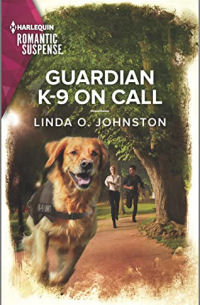








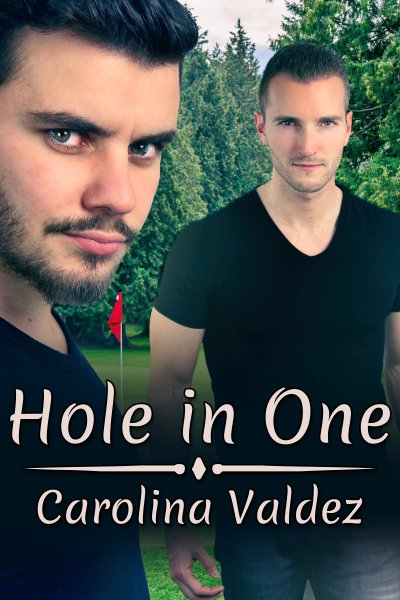


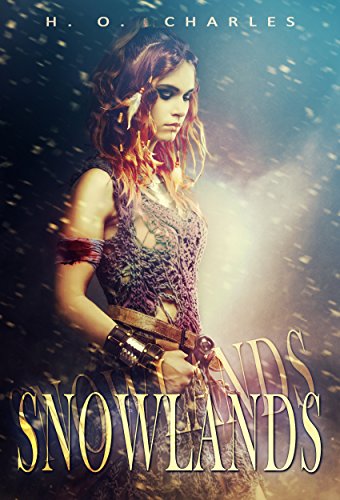
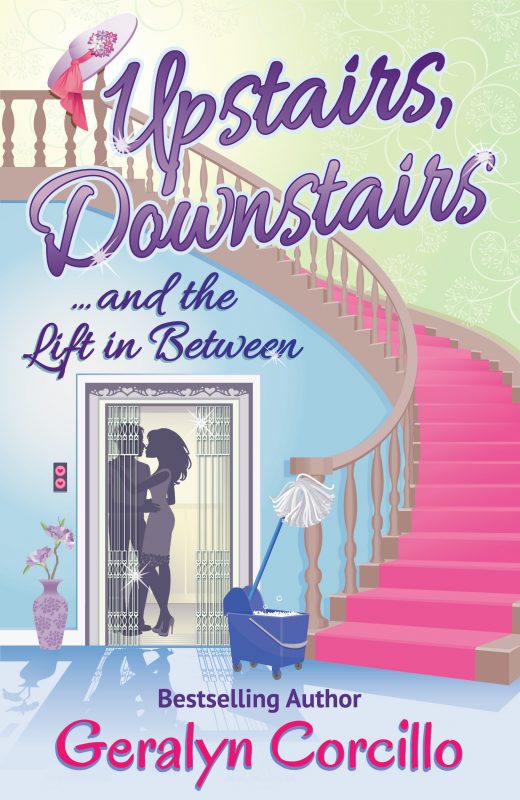
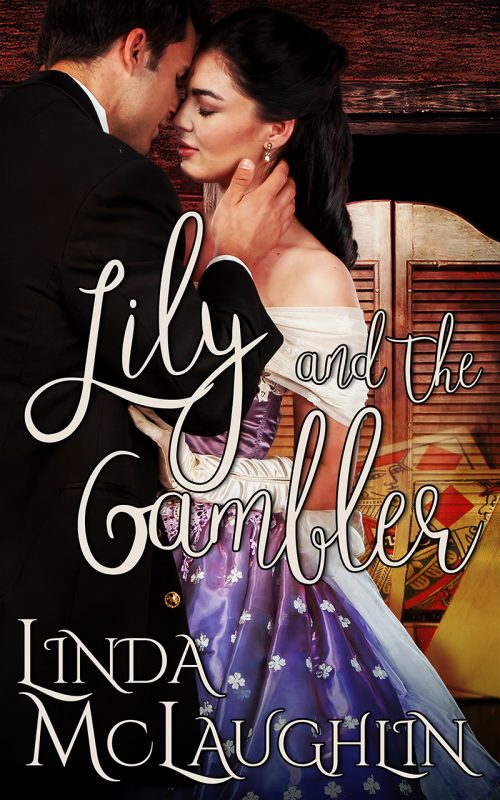


























This is great information. Love the different perspectives. Thank you all for sharing your expertise.
I recently learned the importance of knowing who you’re writing to and how that determines the language and concepts you would use. Also, how to tone down the research facts that may be fascinating to me, but not integral to the story. I’m learning that sometimes it’s best to send the postcard instead of the guide book.